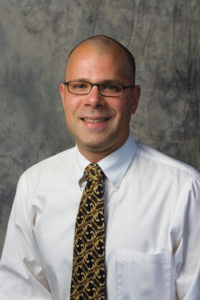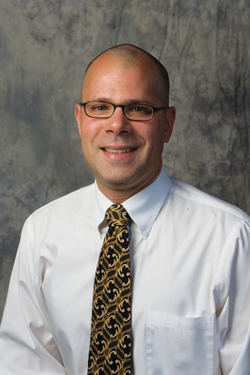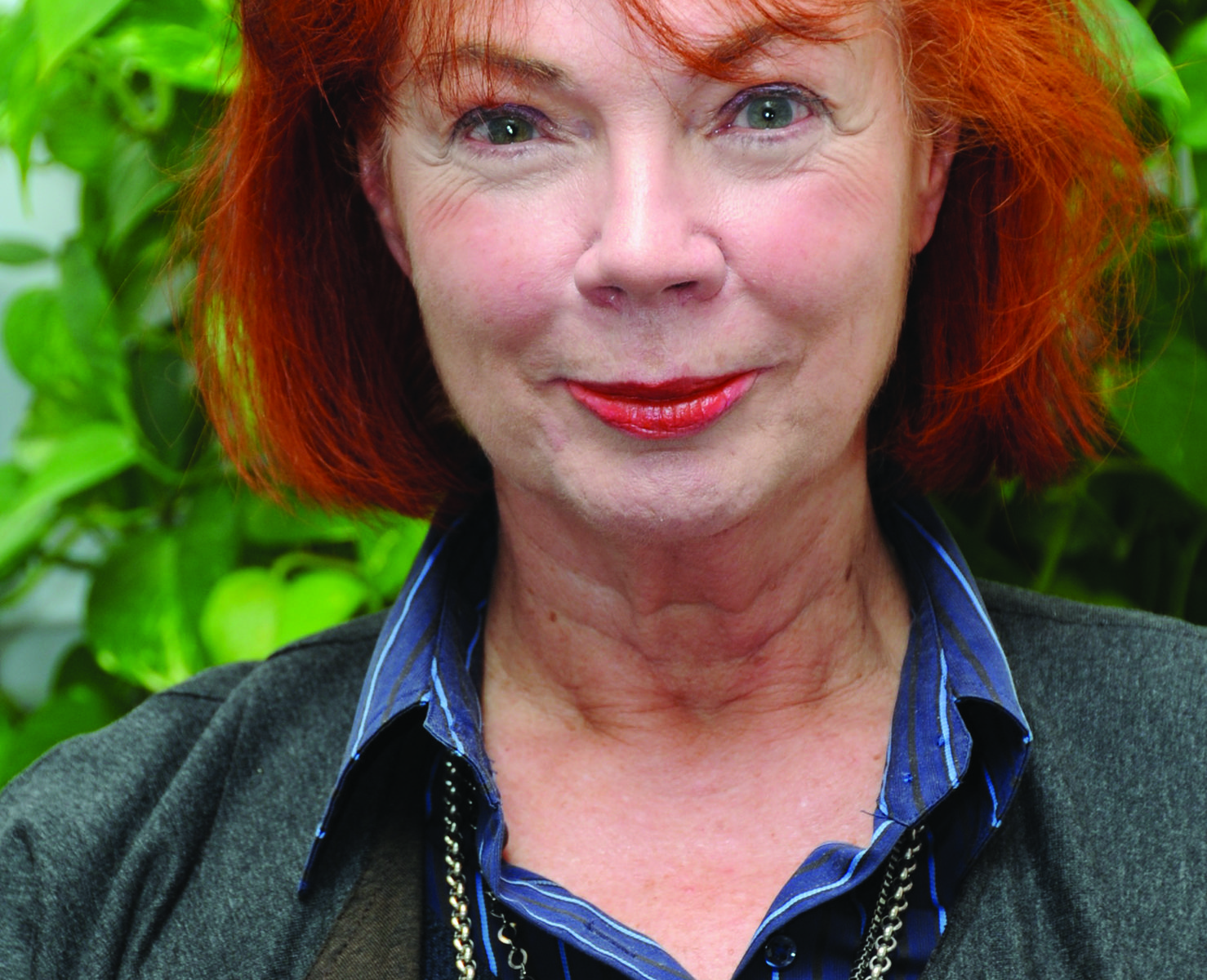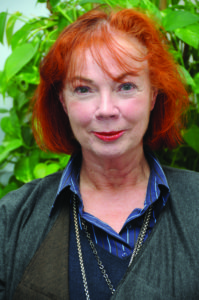 Timothy Knepper, Associate Professor of Philosophy at Drake University
Timothy Knepper, Associate Professor of Philosophy at Drake University
NEW DATE/LOCATION: Thursday, December 5, 7:00 p.m. in Sussman Theater (Olmsted Center)
How does one say what can’t be said? How does one speak about an unspeakable God? This “problem” is central to the influential writings of the anonymous sixth-century Christian mystic known to us as Pseudo-Dionysius the Areopagite. While Dionysius’s Trinitarian God remains the cause of all, it is at the same time beyond all words, names, and assertions. And although Dionysius sometimes simply asserts this apparently paradoxical claim, he more frequently performs it through a series of grammar-violating linguistic techniques. Prof. Knepper’s lecture will begin by examining this discourse of ineffability in the Dionysian corpus; it will then put it into comparative conversation with the other discourses of ineffability that The Comparison Project has examined this semester.
Timothy Knepper is an associate professor of philosophy at Drake University, where he chairs the Department of Philosophy and Religion and directs The Comparison Project. He teaches and publishes in the philosophy of religion, comparative religion, late ancient Neoplatonism, and mystical discourse. He is the author of books on the future of the philosophy of religion (The Ends of Philosophy of Religion, Palgrave, 2013) and Dionysius the Areopagite (Negating Negation, Wipf & Stock, 2014). And he is currently working on edited collections on “Philosophy of Religion for Religious Studies” and “Discourses of Ineffability in Comparative Perspective.”
Watch Prof. Knepper’s talk below:




